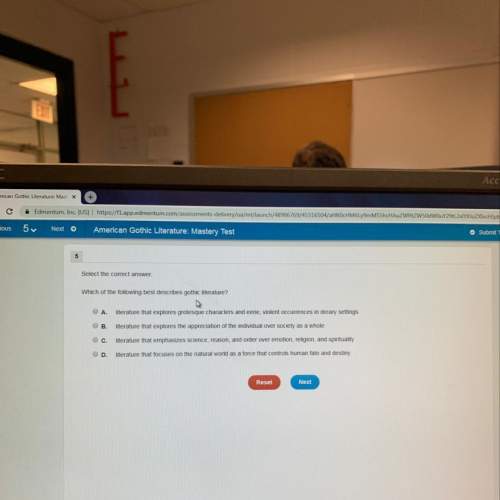
Ead the article "Challenging Explorations."
The 15th century to the 18th century was an age of exploration. Many people in Europe were searching for a better life with greater opportunities. The desire for a better life led many to journey across the ocean to find new land to settle. Many European explorers landed in what they called the New World, which would later be called North America. These explorations were filled with challenges.
The first challenge faced by many explorers was money. They needed financial backing to fund the ships, cargo, and crew required to make such a long journey. The solution was royalty, and explorers would approach kings and queens to convince them to invest in their voyages. If the king and queen agreed, then the explorer would have the money needed to fund an expedition. In return, any lands discovered during the voyage were claimed by that country.
The next step was to obtain a seaworthy ship. Many ships were built during the age of exploration, but not all could handle a trip across the Atlantic Ocean. New ship designs were created to suit long voyages. One such type was called a caravel, which was a small ship created for exploration in the 1400s. This type of ship was equipped with cargo space for voyages up to a year long. Caravels were also considered seaworthy because they could travel about 90-100 miles in a day.
Once aboard, the explorers set sail and used maps to navigate through known territory. The maps were not useful once sailors were out of sight of land or in unknown territory. How would they navigate over the vast Atlantic Ocean without any land markers to guide them? This problem led to the invention of navigation equipment. Compasses have a magnetized metal needle that always points north. Sailors use them as a point of reference to tell if their ship is in the right position to move forward. In order to find their location, sailors used astrolabes, sextants, cross staffs, or quadrants to find latitude. With these tools, explorers were able to sail on to discover new lands.
The final–and perhaps most difficult–challenge for many explorers was survival, as voyages could be long and tense. Maintaining supplies and finding land were important to prevent mutinies from occurring. Unfortunately, bringing supplies that would last the entire voyage led to another problem: scurvy. Many sailors died from the disease, as they ate preserved food at sea. To survive, sailors needed to obtain and eat fresh vegetables and fruits.
When sailors and explorers arrived on land, they had already overcome many obstacles. While more challenges awaited them, explorers were able to disembark and realize that had reached the New World.
Which sentence from the text helps the reader identify its structure?
In return, any lands discovered during the voyage were claimed by that country.
The 15th century to the 18th century was an age of exploration.
This problem led to the invention of navigation equipment.
This type of ship was equipped with cargo space for voyages up to a year long.

Answers: 1
Other questions on the subject: English


English, 22.06.2019 07:30, Skylar4483
Match the term to its meaning 1. introduction 2. body paragraphs 3. conclusion - draws the readers attention - the key points in a few sentences - each with only one main idea
Answers: 2

English, 22.06.2019 07:40, krandall232
Apply the ideas of the plain language movement to make the paragraph under "before" in section i more user-friendly.
Answers: 2

English, 22.06.2019 10:30, montecillolinda
Which word in this excerpt from act i, scene i, of richard iii means “to listen”
Answers: 1
Do you know the correct answer?
Ead the article "Challenging Explorations."
The 15th century to the 18th century was an age of exp...
Questions in other subjects:


Mathematics, 11.02.2021 19:30

Social Studies, 11.02.2021 19:30



Mathematics, 11.02.2021 19:30



English, 11.02.2021 19:30







